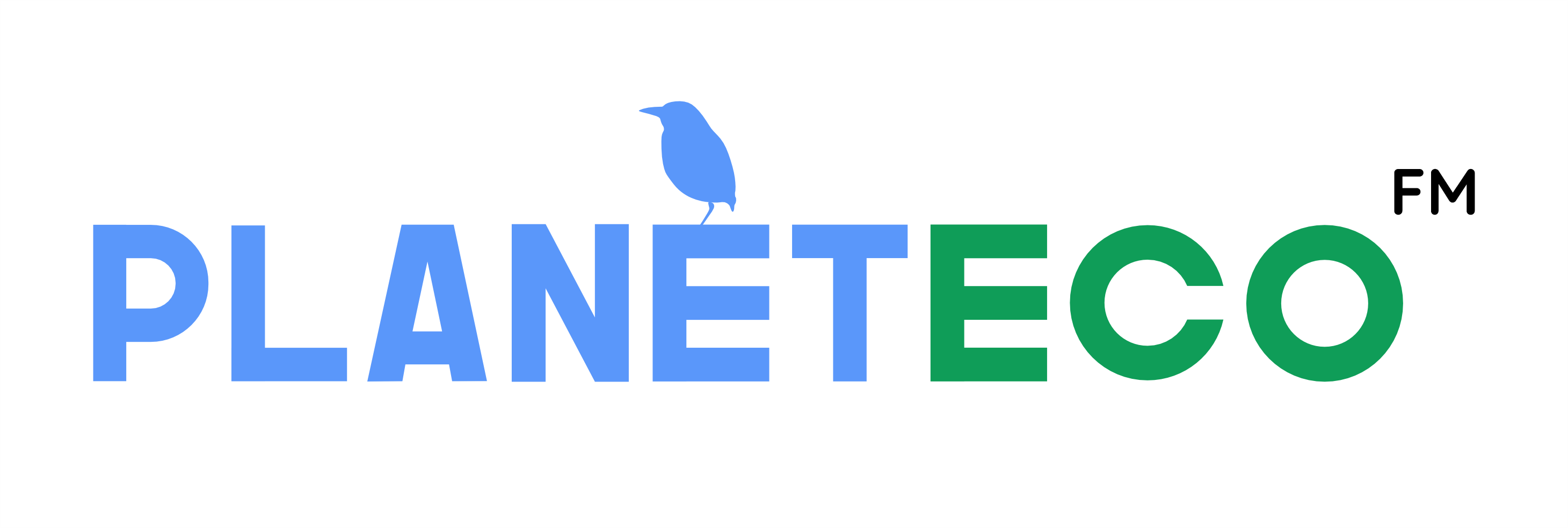Waste management is a critical issue in Nigeria, particularly in the context of combating climate change. As one of the most populous countries in Africa, Nigeria faces significant challenges in managing its waste, leading to environmental degradation and contributing to climate change. In recent years, there has been a growing recognition of the need to improve waste management practices, including waste sorting, to mitigate the impact of climate change. This article explores the policy perspectives on advancing waste sorting practices in Nigeria to combat climate change.
The Impact of Poor Waste Management on Climate Change
The improper disposal of waste in Nigeria has significant implications for climate change. When organic waste decomposes in landfills, it produces methane, a potent greenhouse gas that contributes to global warming. Additionally, the burning of waste releases harmful pollutants into the atmosphere, further exacerbating climate change. Improving waste management practices, including waste sorting, is essential to reducing these harmful emissions and mitigating the impact of climate change.
The Importance of Waste Sorting
Waste sorting is a crucial step in the waste management process that involves separating different types of waste for recycling or proper disposal. By separating organic waste from recyclable materials and non-recyclable waste, waste sorting can significantly reduce the amount of waste sent to landfills and incinerators. This not only helps to conserve natural resources but also reduces greenhouse gas emissions and alleviates the burden on the environment.
Challenges to Waste Sorting in Nigeria
Despite its benefits, waste sorting faces several challenges in Nigeria. One of the primary challenges is the lack of awareness and education about the importance of waste sorting among the general population. Many people are unaware of how their waste disposal practices contribute to environmental degradation and climate change, making it challenging to promote waste sorting as a sustainable solution.
Another challenge is the lack of infrastructure and resources for proper waste management. Many communities in Nigeria lack access to adequate waste collection and disposal facilities, making it difficult to implement effective waste sorting practices. Additionally, there is a need for investment in recycling facilities and technology to process recyclable materials effectively.
Policy Perspectives on Advancing Waste Sorting Practices
To address these challenges, policymakers in Nigeria need to take proactive measures to promote waste sorting practices. One approach is to implement public awareness campaigns to educate the population about the importance of waste sorting and its impact on climate change. These campaigns can use various media platforms, including radio, television, and social media, to reach a wide audience.
Another important policy perspective is the need to invest in infrastructure for waste management, including waste collection and recycling facilities. This requires collaboration between the government, private sector, and civil society to mobilize resources and expertise for developing sustainable waste management systems.
Additionally, policymakers should consider implementing regulations and incentives to encourage waste sorting. This could include imposing penalties for improper waste disposal and providing tax incentives for businesses that adopt sustainable waste management practices.
Conclusion
Advancing waste sorting practices is essential for combating climate change in Nigeria. By separating waste at the source and promoting recycling and proper disposal, Nigeria can reduce its greenhouse gas emissions and protect the environment for future generations. Policymakers play a crucial role in advancing waste sorting practices through public awareness campaigns, infrastructure development, and regulatory measures. By taking decisive action, Nigeria can make significant strides towards a more sustainable future.



